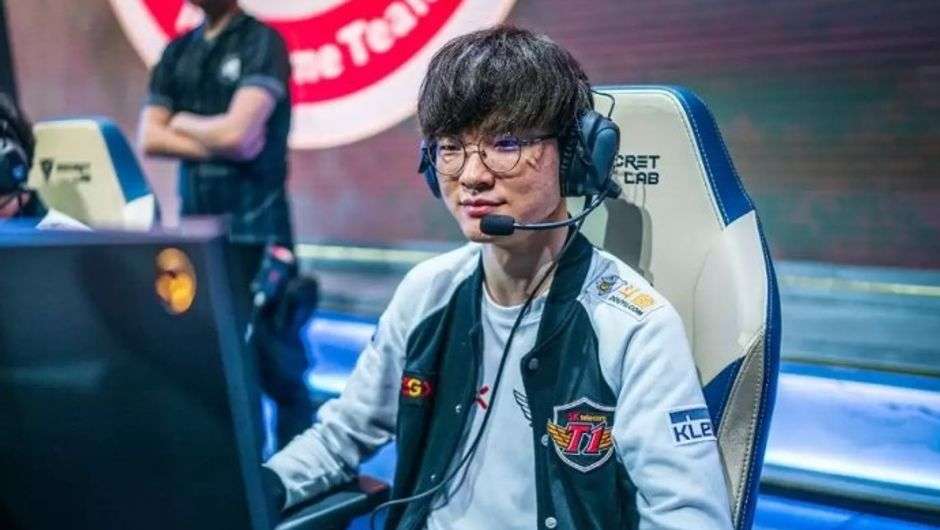League of Legends, few names command as much respect and awe as Lee “Faker” Sang-hyeok. Widely regarded as the greatest player of all time, Faker’s legacy spans more than a decade of competition, with a career filled with world championships, mind-blowing plays, and unmatched consistency. However, beyond the stats and accolades lies an intriguing question: Could Faker have dominated in any other era of professional League of Legends?
With the game’s evolution—from Season 1’s chaotic brawls to today’s hyper-competitive, macro-driven meta—the requirements for greatness have shifted. Faker not only adapted but often shaped these changes. Would he still shine just as brightly if dropped into a different meta, region, or roster composition? Let’s explore how Faker’s skillset, mindset, and adaptability make a strong case for his dominance across any era of LoL history.
1. Mechanical Mastery That Transcends Metas
No matter the meta, raw mechanical skill remains a fundamental pillar of individual success. Faker’s impeccable reaction time, champion mastery, and outplay potential have defined his career since debuting in 2013 with an iconic Zed vs. Zed play against Ryu.
Whether it was the assassin-heavy meta of Season 3, the utility-based control mages of Season 6, or the recent scaling and roaming-focused styles, Faker’s mechanics have consistently allowed him to outclass opponents. His champion pool is not only deep but also effective, from LeBlanc and Ahri to Galio and Azir.
In any other era, even with different champions in the spotlight, Faker’s hand speed, combo execution, and precision would have made him a top-tier mid-laner. Skill doesn’t go out of style, and Faker has always been elite.

2. Mental Fortitude and Work Ethic Built for Any Generation
Esports history is filled with prodigies who faded under pressure. Faker is different. His unmatched mental toughness, professionalism, and desire to improve have kept him at the top for over a decade. In earlier eras where infrastructure was weaker and burnout common, Faker’s discipline and mentality would’ve given him a huge edge.
Even in modern League, where competition is fiercer and pressure higher, Faker thrives under the spotlight—leading by example on and off the Rift. His obsession with excellence and refusal to rest on past success shows a mindset suited for any timeline.
In every era, the best players are those who work the hardest and maintain composure under stress. That’s been Faker’s secret weapon—and it would’ve given him an advantage no matter the year.
3. Tactical Versatility to Fit Any Team Style
One of the most overlooked aspects of Faker’s brilliance is his tactical flexibility. In his early days, he was a solo carry who could dominate games on his own. But as metas shifted and teammates evolved, Faker adjusted his playstyle—whether it meant roaming to support side lanes, picking defensive champions for map control, or anchoring the midlane in macro-heavy games.
This adaptability is critical when comparing across eras. Early League emphasized mechanical 1v1s and lane dominance. Mid-era metas focused more on team cohesion and objective control. Today, map awareness and decision-making are king. Faker has excelled in all of them.
Whether teamed with legends like Bengi and Bang or mentoring new rosters, Faker always finds a way to fit. His ability to adjust to the needs of his team and meta makes it easy to imagine him thriving in any competitive environment.

4. Global Experience and Meta-Shaping Influence
Faker hasn’t just played the meta—he’s defined it. From pioneering build paths to showcasing champion potential, Faker has repeatedly forced the world to adapt to his standard. His global experience, especially during his dominant Worlds runs, proves that he could’ve been a top contender in any region or season.
Imagine Faker during the early LCS or LEC days—his talent would’ve revolutionized Western midlane play. Or place him in Season 1’s chaotic skirmish-focused style—his mechanics would’ve outpaced nearly everyone.
Moreover, Faker has consistently stayed ahead of the curve. His ability to read the game, predict patches, and innovate within metas is why he’s remained relevant longer than any other pro. Not only could Faker have dominated in any era, but he would have likely redefined it, just as he has throughout his career.




